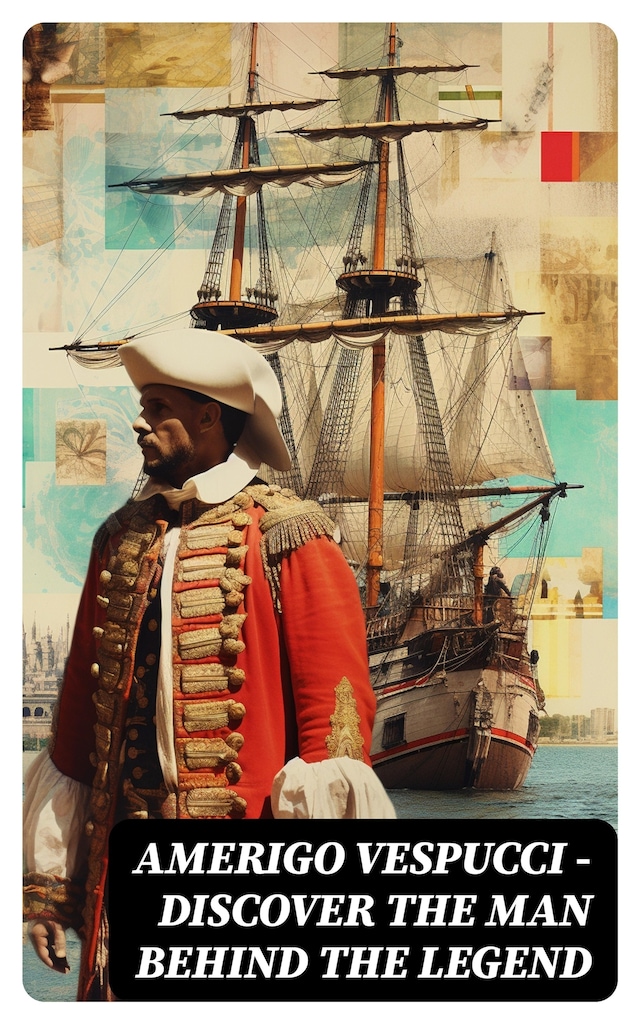
AMERIGO VESPUCCI – Discover the Man Behind the Legend
Description of the book
AMERIGO VESPUCCI – Discover the Man Behind the Legend is an anthology that invites readers into the heart of the Age of Discovery through the writings of Christopher Columbus, Bartolomé de las Casas, and Amerigo Vespucci. This collection traverses the depths of the early narratives of exploration, colonization, and the complex interplay between European explorers and the New World. It offers a diverse range of literary styles, from personal letters to detailed accounts, providing a multifaceted view on the consequences of exploration. Noteworthy are the vivid descriptions of new lands and peoples, which stand out as a testament to the curiosity and ambition that drove the era's voyages. The anthology situates itself within the broader literary and historical context of Renaissance exploration literature, shedding light on the figures whose names mark maps of the New World. The contributing authors, each a pivotal voice of their time, bring a richness of perspective to the anthology. Columbus, known for his voyages that opened the Americas to European exploration; de las Casas, a friar who documented and criticized the mistreatment of Indigenous peoples; and Vespucci, whose accounts of his voyages led to the naming of the Americas, collectively offer a nuanced understanding of the era. Their backgrounds, spanning across exploration, advocacy, and navigation, converge to paint a comprehensive picture of the complexities and contradictions of the Age of Discovery. This collection is not merely a historical document but an invitation to engage with the foundational narratives that have shaped the understanding of the New World. As readers embark on a journey through the eyes of these three men, they are offered a unique opportunity to explore the richness of early modern exploration literature. Beyond its educational value, AMERIGO VESPUCCI – Discover the Man Behind the Legend fosters a dialogue across centuries, encouraging a critical reflection on the narratives that have informed modern perceptions of the New World. It is an essential read for those curious about the intersection of exploration history and literary expression, offering insights into the human dimensions of discovery that remain relevant today.

